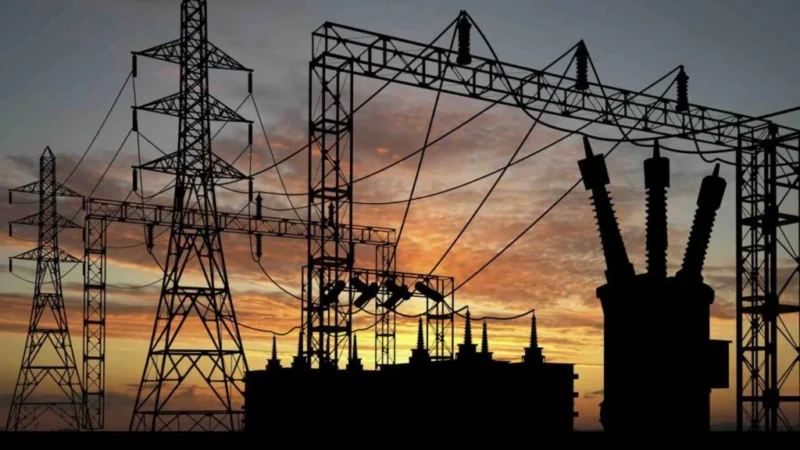Power sector operators and experts have raised concerns, expressed fears and projected opportunities as some states assumed responsibilities for regulating electricity markets within their various domains.
This major shift follows the implementation of the 2023 Electricity Act, which President Bola Tinubu signed into law.
With this law, the Nigerian electricity sector is moving from being centrally regulated to one where states can manage power generation, transmission, distribution, and regulation within their territories. Enugu, Ondo, Ekiti, Imo, Oyo, Edo, and Kogi are the first seven states to complete this transition.
Previously, the Nigerian Electricity Regulatory Commission (NERC) was the only agency overseeing power in the country. But with the new law, NERC has begun transferring regulatory control to individual states.
So far, 11 states have started this process, with Lagos, Ogun, Niger, and Plateau expected to complete theirs between June and September 2025. Anambra has also begun preparations after passing its electricity law.
The changes are bringing both opportunities and challenges. States now have the freedom to create tailored energy solutions that fit local needs, which experts say could attract private investors and improve service delivery. But there are worries about whether these states have the technical know-how and manpower to run the complex electricity market effectively.
A senior NERC official, who preferred to remain unnamed, said that many states still lack the capacity to manage issues like setting electricity tariffs or dealing with theft. “They actually don’t understand the implication of it yet,” the official said, adding that NERC is still offering guidance as the handover continues.
One example of state-level action is Enugu, which has already established its electricity regulatory commission and sanctioned a local distributor over overbilling. Lagos has also introduced its first regulatory order to control unlicensed electricity providers.
Despite such early efforts, some experts worry that many states are not doing enough. Power consumer advocate Adetayo Adegbemle said only four of the 11 states that have received autonomy have taken concrete steps. “They’ve written to NERC, received the green light, but stopped there,” he said.
Adegbemle notes that while state control could lead to faster innovation, it also creates a risk of consumer protection gaps, especially when NERC pulls out before states are ready. “We can’t have a situation where regulatory autonomy becomes regulatory abandonment,” he warned.
Other stakeholders, including Kunle Olubiyo of the Nigeria Consumer Protection Network, see the change as a positive step toward real federalism. Olubiyo said states can now issue licenses for mini-grid and off-grid projects that suit local industries and communities. However, he stressed the need for clear rules to avoid legal conflicts between federal and state laws.
In Ekiti, officials say work is ongoing to ensure a smooth transition. The state has created a regulatory bureau and is working closely with distribution and generation companies. Ondo, which passed its own power law in 2020, is also far along, having created both a state power company and regulatory bureau.
But concerns remain. Electricity theft, subsidy decisions, tariff setting, and asset delineation across state borders are still unresolved issues. With 25 states yet to join the decentralisation process, many are watching closely to see how the first movers handle the new responsibility.










